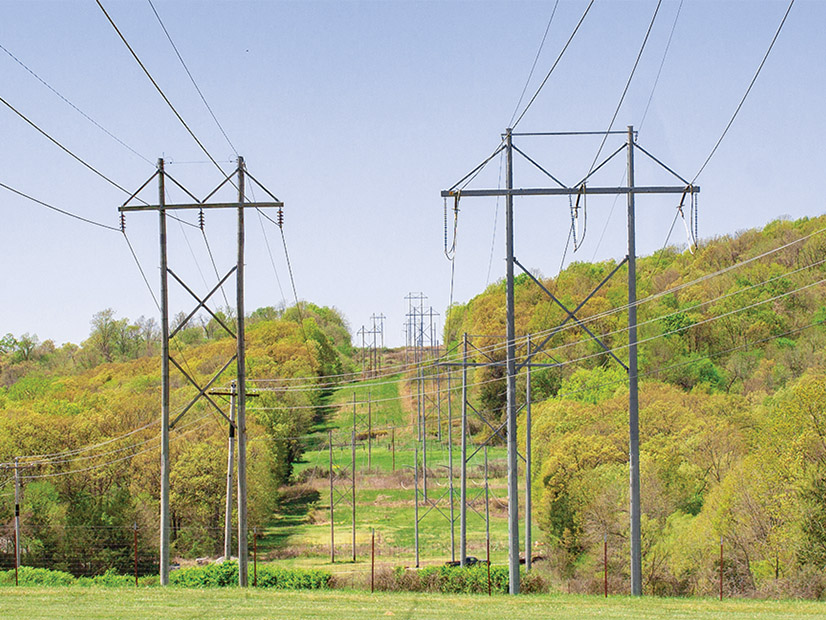MISO and SPP said Tuesday they have tentatively settled on qualifying criteria and will begin developing a first set of smaller interregional transmission projects.
The RTOs are using their new targeted market efficiency projects (TMEPs) process, incorporating many of their standards from those used on the MISO-PJM seam.
The grid operators proposed to the MISO-SPP Interregional Planning Stakeholder Advisory Committee (IPSAC) that TMEPs:
- cost $20 million or less;
- must not be greenfield projects;
- be in service by the third summer peak after their approval; and
- completely cover their installed capital cost through avoided congestion within four years of service.
Their staffs plan to screen for possible TMEPs when a market-to-market (M2M) flowgate has amassed $1 million or more in congestion costs over a two-year period. The two have catalogued seven permanent flowgates that have racked up between $10 and $43 million worth of congestion. (See MISO, SPP Identify Hotspots for Smaller Interregional Tx Projects.)
The RTOs aren’t considering projects that have a pending transmission solution under their joint targeted interconnection queue study or MISO’s long-range transmission planning process. That knocks the RTOs’ most chronically congested flowgate — Neosho-Riverton on the Kansas-Missouri border — out of the running for a TMEP solution.
SPP’s Neil Robertson said the grid operators sought a cost-effective, low-risk approach to find projects that will resolve constraints rather than letting them continue to accrue congestion costs.
Multiple stakeholders said MISO and SPP should reconsider the $20 million cost threshold because of frail supply chains and escalating materials costs.
“We’re certainly sensitive to those arguments that a $20 million cost cap is quickly becoming antiquated,” Robertson said, adding that the RTOs will further examine the cost ceiling.
Robertson said a cost cap and three-year construction limit ensure that TMEPs don’t overlap with other interregional planning processes or “mask” opportunities for larger, more comprehensive projects.
He said that while beneficial greenfield projects could meet the other TMEP criteria, the RTOs think it “extremely unlikely” given the current challenges with obtaining siting approval for new transmission.
Other stakeholders advised the grid operators to be more flexible in their criteria because they have yet to approve an interregional project.
“Transmission planning is in a transitory state for much of the country,” Robertson said, explaining that FERC is developing transmission planning criteria and grid operators are currently expanding planning practices.
“We feel like this, most of all, is an appropriate first step to take,” he said.
Data Limitations on First TMEP Recs
The first set of TMEP recommendations will be restricted by SPP’s current congestion data limitations, as the RTO doesn’t model MISO constraints in its day-ahead market calculations. The initial TMEPs will only consider SPP M2M constraints because those are the only constraints that have a complete set of historical data, Robertson said.
Robertson said that by next June, SPP plans to incorporate MISO constraints, likely giving the RTOs a better understanding of congestion by the second batch of TMEPs.
MISO Independent Market Monitor David Patton has criticized SPP’s failure to model MISO’s constraints in its day-ahead market, saying it makes some uneconomic generation units appear economic in the SPP market. (See MISO Says System Volatility Here to Stay.)
Robertson said he while wouldn’t delve into “longstanding market mechanics,” SPP is currently investigating how it can consider its neighbor’s constraints.
The grid operators hope to present viable TMEP candidates to stakeholders during an Oct. 28 IPSAC meeting.


